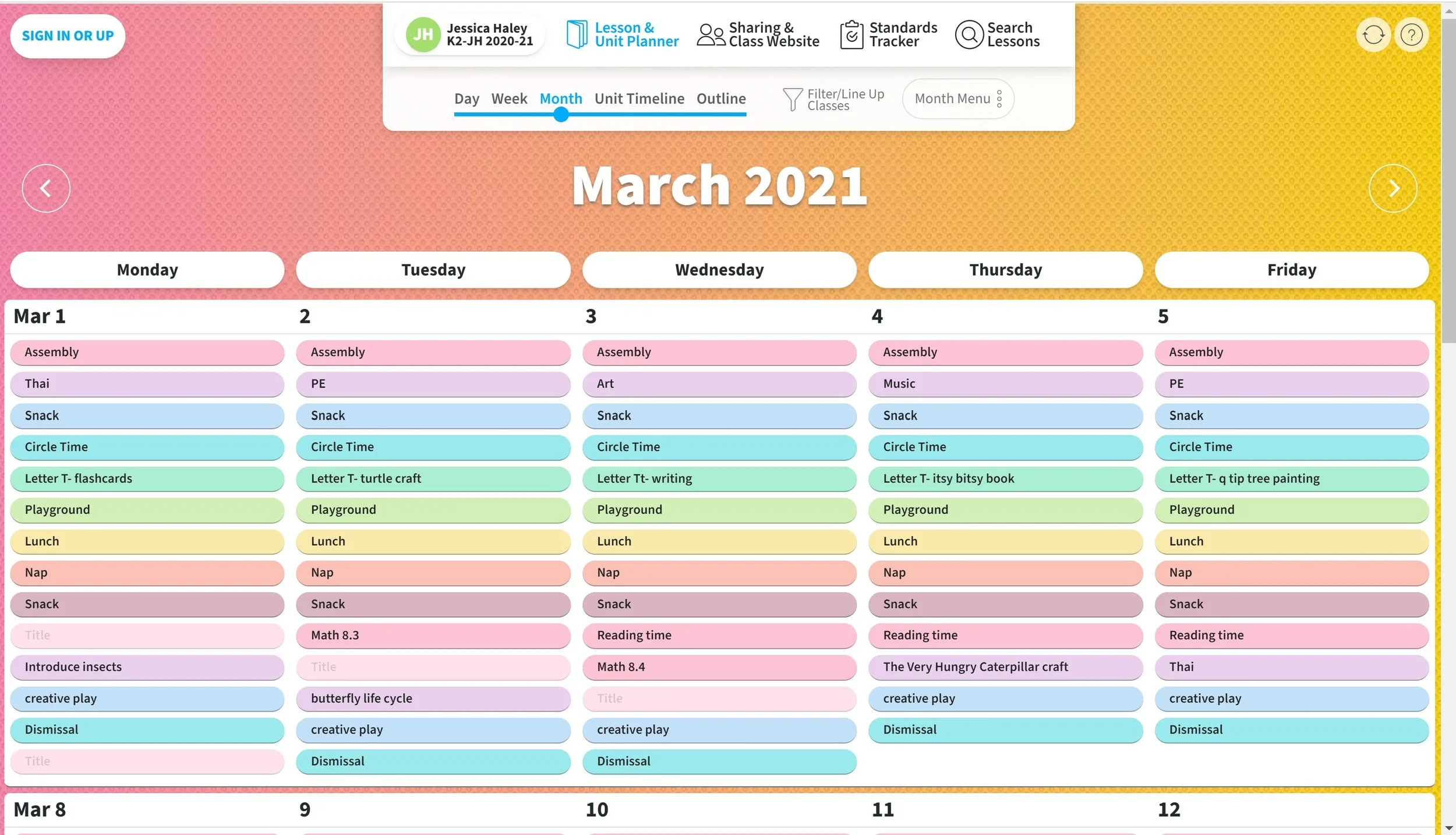Hidden in Plain Sight: Operations Role in Teaching
The role title “operations” is a bit nebulous, bringing to mind images of accountants in suits checking over financial records, interns creating excel spreadsheets, or the HR department discussing hiring and firing staff. However, dissecting an operations role into tangible skills like organization, problem solving, maximizing efficiency, simplifying processes, effective communication, and adaptability makes it more tangible. Shopify defines business operations as “Everything that happens within a company to keep it running and earning money”. Looking at it through this lens allowed me to identify personal experiences I’ve had utilizing all these skills despite not holding a job title in “business operations”.
Teacher Operations
Teaching English as a Foreign Language (TEFL) to a classroom full of 3 to 4 year olds can be a bit chaotic at times. However, a bunch of things need to happen behind the scenes before any actual teaching can happen and run as smoothly as possible. While I greatly enjoyed interacting with the kids throughout the school day, one of my most productive times was during their two hour nap in the afternoon. There in the darkened classroom with soothing instrumental music playing in the background, I would sit at my desk and get down to lesson planning. If teaching itself is the customer (i.e. student) success side, then lesson planning is the operations management side.
Organization
I needed to break down my lessons into quarterly units, weekly sub-units , and daily lessons. My lesson calendar was meticulously organized (and color coded) listing out not only the daily timetable, but the standards that the students needed to meet, the lesson objective, and any resources (videos, activities, worksheets) that I needed for each individual lesson. All this was done using an online program CommonCore that was easily editable and accessible to other teachers in my age group for idea sharing purposes. My effective time management skills helped me to always stay 1 to 2 weeks ahead in my planning period to allow enough time to ask the office for any additional resources (like craft supplies or library books) I needed in advance. Every Friday I would diligently print out any worksheets or coloring pages for the next week and place them in daily stacks in case I called out sick for a day and my substitute needed to easily find the day’s work.
My Common Core Lesson Plan
Sample weekly English lesson plan
Adaptability
Staying ahead of schedule also proved useful when we needed to switch to online learning during the pandemic. Since I already had a broad overview of each lesson, all I needed to do was adapt it to the online format like recording videos of myself demonstrating activities, or uploading worksheet pdfs to ClassDojo for parents to print out at home. I also used Microsoft Outlook calendar to schedule daily class Zoom calls as well as weekly one on one calls to check in on each student.
My weekly 1 on 1 Zoom calls during online teaching
Problem Solving
Every day during our morning “Circle Time”, I was able to broadly review the week and check for student understanding if I needed to adapt my lessons to make them easier or harder. Since my students were too young for formal testing, I relied on my notes in each student’s portfolio to ascertain if they were excelling, average, or falling behind their peers when it came time for grading at the end of each semester.
Communication
Finally, effective classroom management was only achievable thanks to the great teamwork and communication between my two Teacher Assistants and I. We created a great system that allowed us to share the workload and optimize student learning. While I was in charge of lesson planning, they took charge of supervising the students during naptime, lunch, and dismissal, walking each student to their car. They oversaw bathroom and water breaks while I prepared for the next class. After naptime, I helped roll up sleeping mats while they passed out snacks and combed the girls’ hair. If something about our system wasn’t working, we made sure to communicate it clearly and find a solution.
My TAs and I became great friends
Final Thoughts
Though I never held a position in “business operations” my experience as a teacher showed me a lot about how operations works in a practical setting. While different businesses may use their own systems and task tools, as long as I have the knowledge of how to create, organize, and adapt a system as well as problem solving and communication skills, I can manage all sorts of operations. Much like how you can’t see the furious kicking webbed feet as a duck glides smoothly across the water, operation tasks are mostly unseen in the background that allows a company to successfully keep running.



